1. The Jonas Brothers
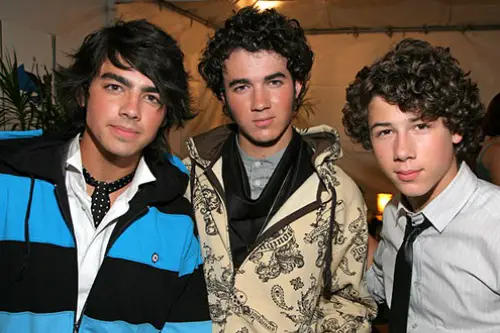
The Jonas Brothers were initially written off as a Disney-fueled boy band for preteens. Critics and older music fans didn’t take them seriously, and their wholesome image made them easy to mock. But they were more involved in their music than people realized, and their early albums featured some legit songwriting chops.
Their 2019 comeback flipped the narrative entirely, according to Raisa Bruner of TIME Magazine. With “Sucker,” they showed off a mature pop sound that still carried their trademark charm. Suddenly, people weren’t just tolerating them—they were jamming to them at brunch. Turns out, they’d just been growing up while the world wasn’t paying attention.
2. Creed
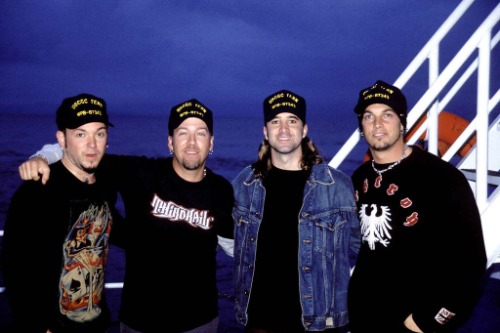
Back in the late ’90s and early 2000s, Creed was everywhere—and so was the backlash. Their earnest lyrics, Scott Stapp’s dramatic vocal delivery, and over-the-top music videos made them easy targets for critics and snobs alike. They were often lumped into the “butt rock” category and dismissed as post-grunge posers. But as the years rolled by, people began to admit that “Higher” still kind of slaps.
Creed’s music may have been polarizing, but it clearly struck a chord—pun intended—with millions. By 2023, nostalgic memes and reunion tour announcements saw their reputation get a serious second wind, according to Chuck Arnold of The New York Post. Fans started re-evaluating the band without the early-2000s cynicism, realizing the songs were catchy and the performances heartfelt. Whether you hated them or not, Creed gave us singalongs that never quite left our heads.
3. Nickelback
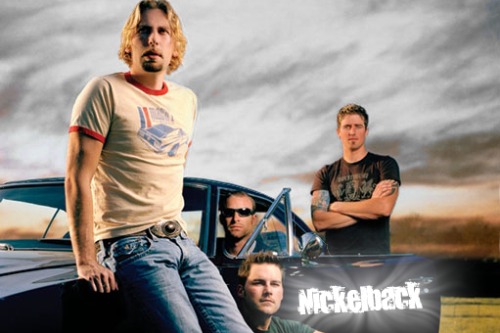
They were arguably the internet’s favorite punching bag for years, criticized for generic lyrics and formulaic rock radio hits. But despite the hate, Nickelback kept selling out arenas and topping charts with songs like “Photograph” and “Rockstar.” The joke was that liking them was embarrassing—until people started realizing they were humming along unironically.
In the 2020s, a strange thing happened: people started defending Nickelback. Critics acknowledged their consistency and musicianship, and even hipster publications gave them a reluctant nod. The band leaned into the hate, which only made them more endearing, Hugh McIntyre of Forbes explains. Now, it’s practically cool to say you kind of miss them.
4. Limp Bizkit
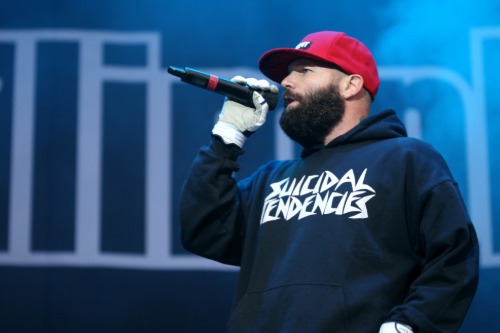
Limp Bizkit’s combination of nu-metal, rap-rock, and Fred Durst’s aggressive swagger made them peak 2000s villains. They were accused of embodying the worst of bro culture and MTV-era excess. Songs like “Rollin’” and “Break Stuff” were huge—and then universally mocked. But here’s the thing: they never really went away.
By the time they played Lollapalooza in 2021 with Fred in a full dad wig and mustache, the internet kind of fell in love with them again, Jason Lipshutz of Billboard reports. Suddenly, it was okay to admit that “Nookie” was a banger. They’d become self-aware and oddly charming, and fans appreciated the unfiltered energy they brought to the stage. Limp Bizkit had evolved from cringe to cult nostalgia.
5. Hanson
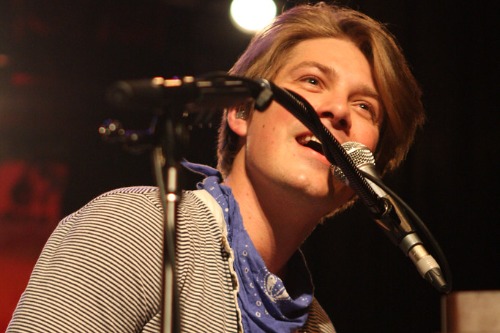
In 1997, “MMMBop” was impossible to escape—and just as easy to ridicule. The three brothers were too young, too sugary, and too pop for most people’s tastes. They were dismissed as a one-hit wonder and a teenybopper fad. But behind the scenes, they were writing, producing, and playing their own music.
As the years passed, people realized Hanson had real talent and work ethic. They continued releasing albums independently and built a loyal fanbase without major label support. Their musicianship improved, their songwriting deepened, and former haters started to respect the grind. Turns out, “MMMBop” was just the tip of the iceberg.
6. Fall Out Boy
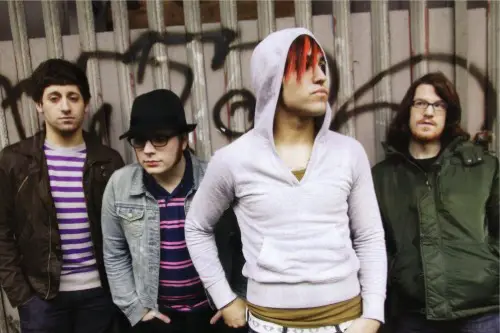
During the mid-2000s emo boom, Fall Out Boy got a lot of eye-rolls for their dramatic lyrics, long song titles, and Pete Wentz’s ever-present eyeliner. Critics accused them of being overproduced and insincere. Yet fans kept showing up in droves, and songs like “Sugar, We’re Goin Down” became staples of the era.
When the band went on hiatus in 2009, people realized how much they actually missed their theatrical, high-energy pop-punk. Their 2013 comeback album “Save Rock and Roll” marked a successful reinvention. Now they’re seen as trailblazers for a whole generation of alternative rock. What was once mocked became mythologized.
7. Korn
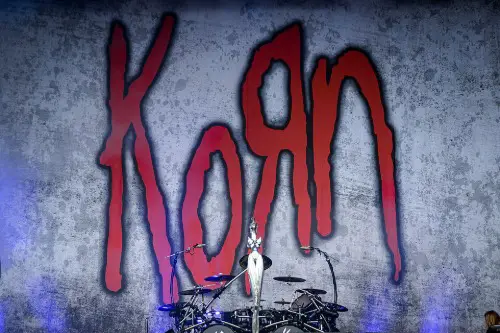
Korn’s aggressive sound and angst-ridden lyrics helped define the nu-metal scene, but that same style also earned them plenty of detractors. Critics often labeled them immature or over-the-top, especially during their early years. Still, their influence was undeniable, and they brought a raw honesty to subjects like abuse and alienation.
Over time, Korn’s emotional intensity found new appreciation. Younger metal fans began to cite them as pioneers, and their early albums—especially “Follow the Leader”—got critical reappraisal. They never pandered or tried to go mainstream, and that integrity started to shine through. Hate it or love it, they laid the groundwork for a whole genre.
8. Linkin Park

Though massively popular, Linkin Park was often dismissed by critics as “entry-level rock” for angsty teens. Their hybrid of rap, metal, and electronic influences on “Hybrid Theory” was seen as a gimmick by some. But the emotional resonance of Chester Bennington’s vocals and Mike Shinoda’s lyricism connected deeply with millions.
After Chester’s tragic death in 2017, even former skeptics revisited their catalog with fresh ears. What once seemed melodramatic now felt painfully raw and human. Songs like “Numb” and “In the End” held up incredibly well, and fans and critics alike began to appreciate the band’s vulnerability. They were always more than just teen angst.
9. Smash Mouth
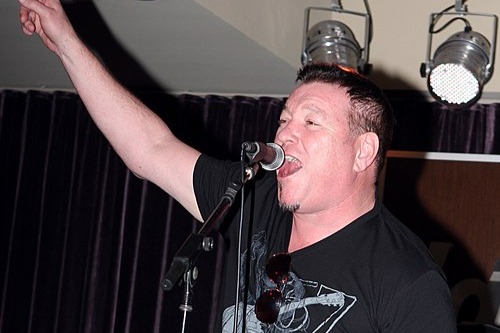
It’s easy to forget that Smash Mouth was actually a big deal in the late ‘90s, especially with hits like “All Star” and “Walkin’ on the Sun.” But their commercial pop-rock and cartoony vibe quickly made them a joke to critics. “All Star” got memed into oblivion thanks to Shrek, and suddenly Smash Mouth was more punchline than playlist.
Over time, though, people started to appreciate the sunny charm of their songs. “All Star” became a nostalgic anthem rather than a meme. The band embraced their weird internet fame and even leaned into the irony, performing at unexpected venues and riding the meme wave with a wink. Like it or not, they were part of the soundtrack to a generation.
10. Good Charlotte
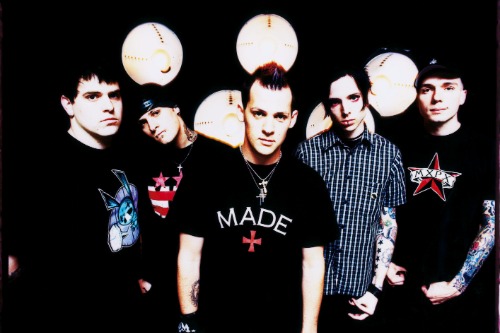
Good Charlotte burst onto the early-2000s scene with their blend of punk-lite and mall-ready rebellion. Critics called them formulaic, and punk purists saw them as sellouts. Songs like “Lifestyles of the Rich & Famous” were catchy but often mocked for being superficial or juvenile.
But over time, nostalgia worked its magic. Their music started showing up on TikTok and in throwback playlists, and fans began celebrating how fun and unpretentious their sound really was. The Madden brothers stayed active in music and business, showing more depth than anyone expected. Now, people look back on Good Charlotte with a lot more fondness than scorn.
11. Hoobastank
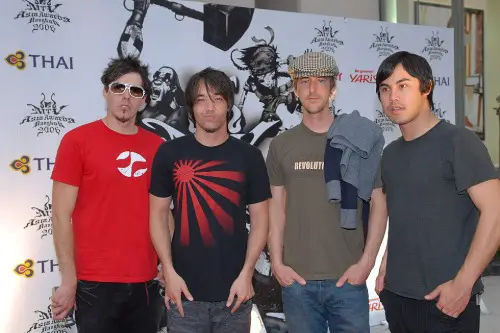
Hoobastank is one of those bands that seemed to vanish after their huge hit “The Reason” took over radio in 2004. The song’s sincerity was mocked relentlessly, and even the band’s name became a running joke. But the truth is, they had some real talent and put out some solid alt-rock records.
With time, “The Reason” became a karaoke classic, and people started admitting they actually liked it all along. Their early work, especially their self-titled debut, got a second listen from fans who had aged out of their ironic phase. While they never became cool per se, they carved out a niche as nostalgic favorites. Hoobastank is still out there, and yes, they’re still pretty good.
12. Panic! at the Disco
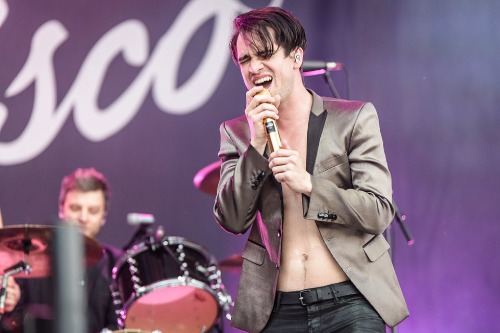
From their debut album’s baroque-pop chaos to Brendon Urie’s dramatic delivery, Panic! was always a bit “extra.” Critics weren’t sure what to do with them, and they were often dismissed as emo theater kids gone wild. But fans loved their over-the-top style and endless ambition.
As the years went on, Panic! evolved into a solo vehicle for Urie and kept reinventing their sound. “Death of a Bachelor” brought them a Grammy nod and mainstream acclaim. Their earlier work—once seen as too weird—was now considered ahead of its time. People went from rolling their eyes to raising their glasses.
13. 3OH!3
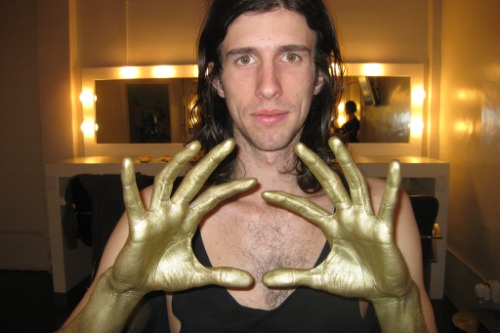
When “Don’t Trust Me” hit the airwaves in 2008, 3OH!3 were branded as the worst kind of MySpace-era trash pop. Their sleazy lyrics and neon-soaked aesthetic turned a lot of people off. Critics called them a parody of party culture—and not in a good way.
But the duo’s unapologetic weirdness has aged surprisingly well in a post-irony world. Nostalgia for the electro-pop scene has led fans to re-examine 3OH!3 as chaotic innovators. They never took themselves seriously, and that might have been the whole point. Now, they’re seen more as cult icons than cringe.
14. Maroon 5
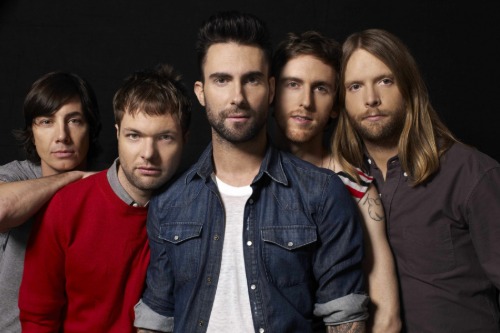
Maroon 5’s debut album “Songs About Jane” was a critical darling, but as they leaned into pop superstardom, backlash came swiftly. Critics accused them of abandoning their funk-rock roots for cookie-cutter radio hits. Adam Levine’s omnipresence on The Voice didn’t help their credibility.
Yet despite the shade, their songs stayed on repeat. Tracks like “Sugar” and “Girls Like You” may have been pop formulas—but they were effective ones. Now, there’s a weird respect for how good they are at making catchy, successful music. Like them or not, they’ve mastered the art of the earworm.
15. Evanescence
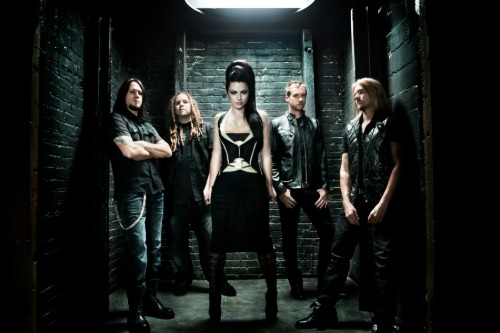
When “Bring Me to Life” exploded in 2003, Evanescence was praised for Amy Lee’s powerhouse vocals—but also ridiculed for being too melodramatic. Their goth-rock aesthetic and heavy Christian-rock marketing angle made them easy to stereotype. Soon enough, they were seen as emo relics of the early aughts.
But Amy Lee’s talent was never in question, and over time, her artistic integrity earned renewed respect. The band kept making music, evolving in style and tone, while fans matured into their sound. Today, Evanescence is remembered not just for one hit, but for bringing a unique, operatic voice to rock. It’s time we admitted we always liked them.


